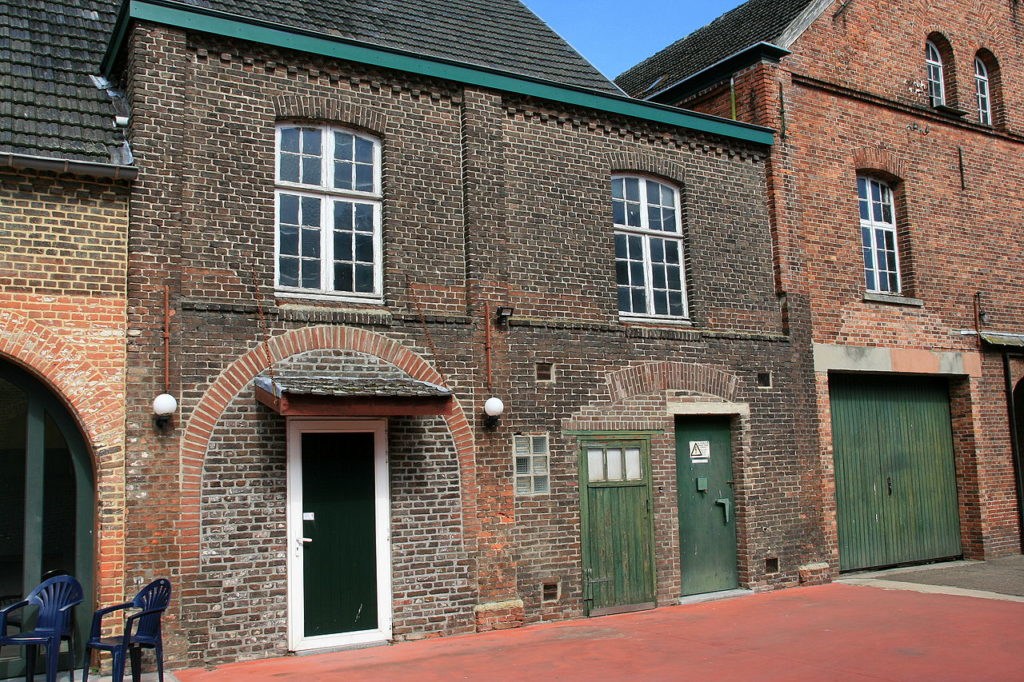In a week that saw Belgium’s most reclusive Trappist brewer turn to home deliveries, the news emerged that one of the six Belgian Trappist breweries will no longer carry the authentic Trappist label.
At the start of this week, the world had 14 authentic Trappist beers, six of them in Belgium: Westvleteren, Westmalle, Orval, Chimay, Rochefort and Achel. The others are spread among the Netherlands with two, and one each in Austria, Italy, the UK, France, Spain and the United States.
Now, at the end of the week, Achel has removed itself from the list. The reason: the abbey no longer has any monks.
The Trappists are a subset of the Benedictine Order, monks who set themselves a lifestyle of strict observance, limited to work and prayer, the work limited to what is required to keep the monks and their pastoral work alive.
Trappist brewers are a subset of that subset: breweries who produce beer in line with the requirements of the International Trappist Association (ITA) – a commercial organisation set up to protect the name of abbey beers at a time when beers were springing up in the name of religious abbeys, but had never seen the sight of a sandalled foot or a well-maintained tonsure.
The ITA has a strict set of requirements without which a beer may not call itself a Trappist: the beer must be brewed within the confines of the monastery, and under the direct authority of the monks themselves; production must be limited to what is required for the upkeep of the abbey, the sustenance of the monks and the pastoral work they carry out.
Thanks to those restrictions, there are only 14 authentic Trappist beers in the world, each bearing the Authentic Trappist Product label.
Achel, produced in the monastery known as the Achelse Kluis in Hamont-Achel right on Limburg’s border with the Netherlands, is perhaps the least well-known of the six Belgian Trappists, compared to the ostentatiously minimalist marketing of Westvleteren, or the slick commercial approach of the likes of Chimay or Westmalle.
Since this week, however, it is also the one with no monks. And that is in breach of the condition that a Trappist beer may only be produced in a living, working religious community.
That means that Achel beers – a blond, brown, extra blond and extra brown, as well as two beers previously only available at the abbey’s taproom – can no longer carry the logo of the ITA, although aside from that, nothing has changed.
For years now the beer itself has been brewed not by the monks of Achel, but by their brothers from the abbey of Westmalle in Antwerp province.
“It was the brothers from Westmalle who founded the abbey in Achel,” Brother Nathaniel, abbot at Westmalle, explained to the VRT.
“The beer is still brewed under our supervision, so feel free to still call it Trappist. But we are no longer allowed to use the logo, because there is no longer a living community present in Achel.”
And for those partial to a glass of Achel, no reason for concern.
“The beer itself will not change its taste and production will not be compromised,” Brother Nathaniel said.
“On the contrary. We are currently investing in a new, larger brewhouse. It will be brought into use in the spring.”
Alan Hope
The Brussels Times

